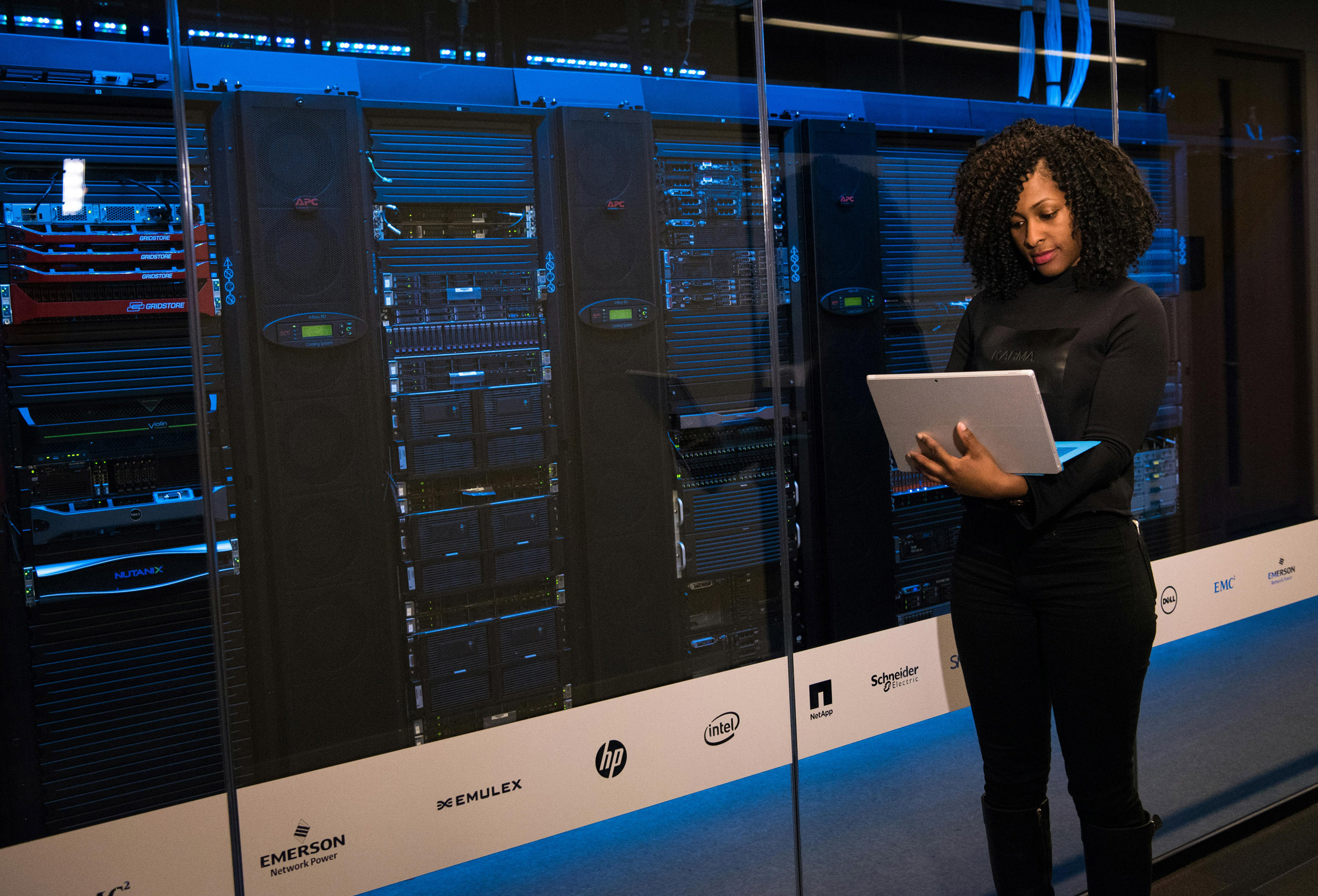Choosing the right data centre can significantly impact the efficiency, security, and scalability of your business operations. For small businesses, IT professionals, and data managers, selecting a facility that aligns with your needs is critical to ensuring seamless operations. Here's a practical guide to help you make an informed decision.
Why Data Centre Selection Matters
Data centres house critical hardware and systems that store, process, and manage vast amounts of information. They are the backbone of modern businesses, supporting everything from day-to-day operations to global customer interactions. An ill-suited data centre could lead to downtime, security vulnerabilities, or growth bottlenecks—all of which can harm your performance and reputation.
Key Considerations When Selecting a Data Centre
Location
The geographic placement of a data centre UK plays a crucial role in its accessibility and dependability. Opt for a location that is not prone to natural disasters such as floods, earthquakes, or extreme weather events. Additionally, proximity matters for businesses requiring swift access to physical hardware. If your team or clients need regular physical access, selecting a data centre that is conveniently located will save time and minimise disruptions.
Reliability
Reliability should be at the core of your selection process. Look for centres boasting strong uptime records—99.99% is the industry benchmark. Features like redundant power supplies, efficient cooling systems, and robust infrastructure can help minimise the risk of failures. Security, too, is paramount. Evaluate access control measures such as biometric authentication and surveillance systems to protect your data and hardware.
Scalability
Future-proofing your choice is vital. The best data centres are equipped to handle your growth without interruptions. This extends beyond physical space and power capacity to include the ability to scale bandwidth and services with ease. It’s worth exploring whether the facility can support expansions if your storage or network demands increase.
Connectivity
Strong network performance is essential for uninterrupted operations. A reliable data centre should offer access to multiple network carriers as well as high-speed bandwidth options. This ensures low latency and consistent connectivity, particularly if your applications demand real-time responses or serve geographically dispersed users.
Compliance and Security
Industries such as healthcare, finance, and e-commerce often have stringent regulations regarding data security and compliance. When evaluating a data centre, confirm that it meets both general industry standards, such as ISO 27001, and specific compliance requirements like GDPR or PCI DSS. Compliance readiness ensures both trust and legal adherence.
Support Services
Technical support can often mean the difference between a short interruption and extended downtime. Investigate whether the data centre offers round-the-clock monitoring, troubleshooting, and rapid response to incidents. A competent support team provides peace of mind, particularly during emergencies.
Environmental Sustainability
Sustainability is becoming an increasingly critical factor for businesses. Many data centres now incorporate green initiatives to lower energy consumption and reduce their carbon footprint. Facilities that use renewable energy sources or implement energy-efficient cooling systems can help reduce operational costs while supporting your environmentally conscious goals.
How to Evaluate and Compare Data Centres
Selecting the right one requires rigorous research and comparison. Start by requesting detailed documentation about each prospective centre’s performance, network options, and security measures. If available, schedule an on-site visit to observe their operations directly.
Leverage online reviews or testimonials to gather insights from current clients about their experiences. Tools like vendor comparison platforms or independent IT consultancies can further streamline your research. By holistically assessing the available options, you’ll be better equipped to pick a centre aligned with your operational priorities.
Making the Final Decision
When deciding on a data centre, remember that matching your business needs to the features provided should be the driving factor. From minimising downtime risks and meeting compliance requirements to guaranteeing future growth, each consideration directly impacts your organisation's success.
Take the time to weigh these factors and engage in thorough discussions with potential providers before committing. The right data centre ensures a seamless, secure foundation for your growing business.
